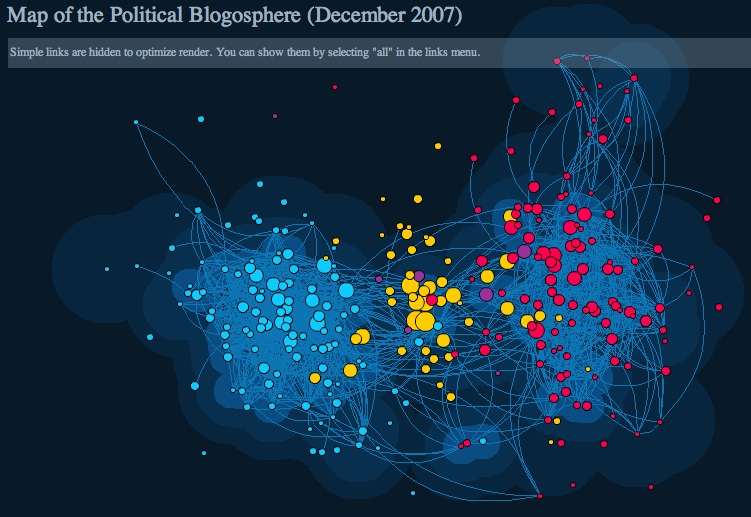I subscribe to Open Access News, by Peter Suber, which is a blog about:
Putting peer-reviewed scientific and scholarly literature on the internet. Making it available free of charge and free of most copyright and licensing restrictions. Removing the barriers to serious research.
And a topic near and dear to datalibre.ca… The flow of announcements coming out of Open Access News is truly amazing. Universities and government agencies and quasi-governmental academic bodies, particularly in the US and Europe seem to be making statements on a daily basis – at least OA News is writing about them on a daily basis.
The front page currently has items about Harvard’s OA plans, University of Oregon Faculty Senate adopting a resolution in support of OA, the Budapest Open Access Initiative, OA in Italy … etc.
A slim number of the posts touch on Canada, and especially few on big announcements from Canadian universities and professional/scientific associations.
So, what is the state of OA in Canada? Where are all the initiatives? Where are all the Universities? Are they active, or are we happy, as a country, to lag behind the rest of the world?
Jim Till, of U of T, is writing a blog called: Be Openly Accessible Or Be Obscure, named after this article, which answers some of these questions.
Project Open Source | Open Access, also at U of T, is another place that ought to have some answers, since:
… phase II of the project will focus on research. We have identified Open Scholarship as the theme for 2007-2008, but we will also continue to build on faculty research strengths and interests in the design, development and use of open source environments for collaboration and learning; in institutional innovation; in OS business models; in open access journal publishing; and in the evaluation of journal impact factors.
Last update to their RSS feed was Oct 2007 … let’s hope there’s more good news to come.
So, how are we doing on OA in Canada?

Comments on Posts